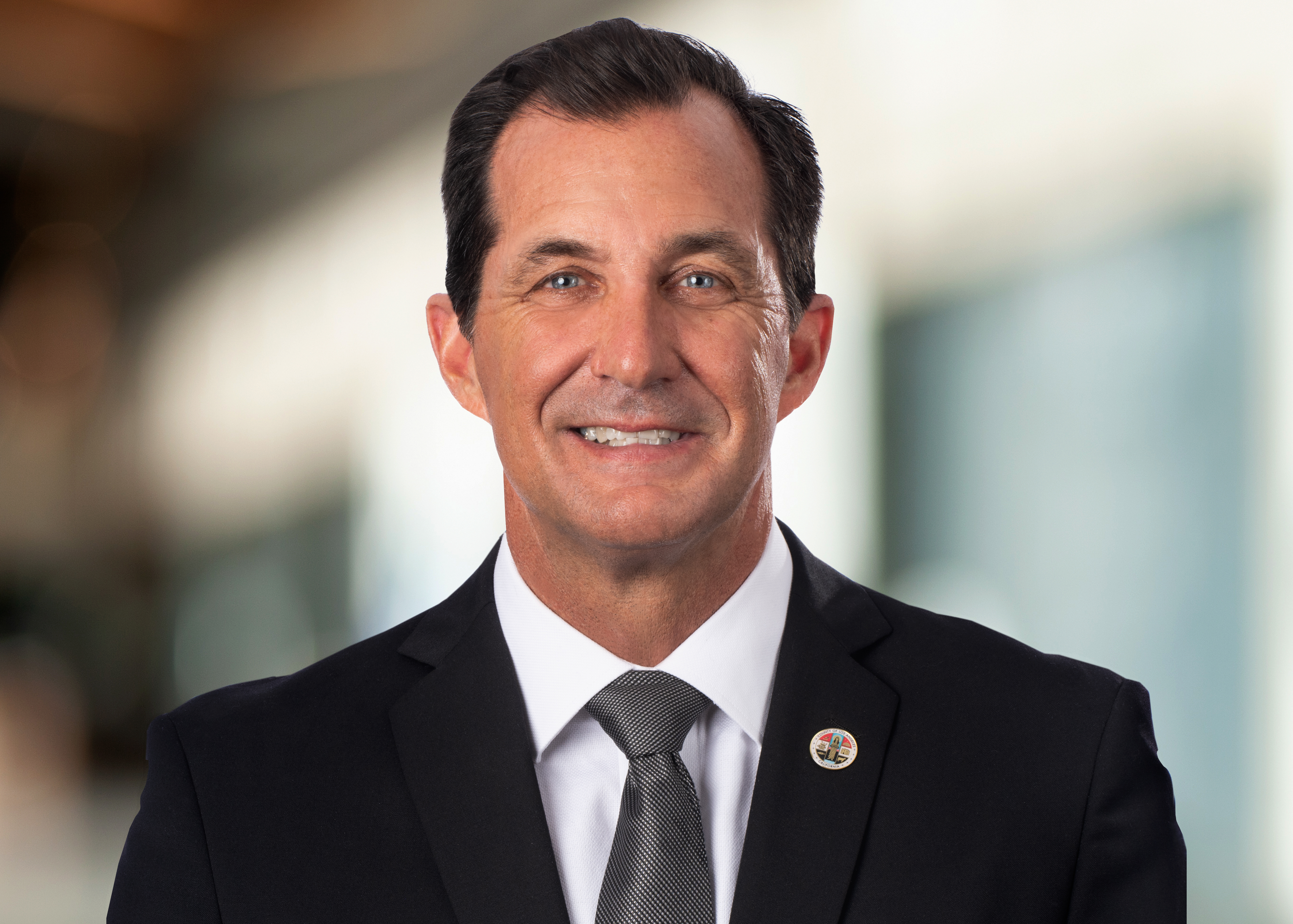The Technical Program comprises conference thematic sessions with technical presentations, panels, training workshops in the tracks listed below, as well as a poster display.
BMP and Control Measure Effectiveness Assessment
This track will focus on structural and non-structural BMP performance assessment planning, methods, and guidance for treatment and source control practices. Performance assessment may include performance monitoring, operation and maintenance practices, data-gap analyses, special studies, or other novel approaches.
Climate Change, Resiliency, and Sustainability
This track will look at climate resiliency and sustainable practices. Topics include climate change adaptation and mitigation, water supply, water rights, groundwater recharge, energy, watershed management, integrating climate resiliency with green stormwater infrastructure, and wildfire planning.
Construction General Permit
This track will focus on the current Construction General Permit and will include discussions on stormwater-related construction topics including innovative BMPs and controls; Total Maximum Daily Load (TMDL) implementation; passive treatment; challenges and solutions to site management; implementing cost controls; resolving monitoring and sampling issues; navigating the different challenges of linear underground and overhead projects; and other implementation experiences.
Equity and Environmental Justice
This track will explore the intersection of water management and community impact, with a focus on ensuring fair access to resources, amplifying underrepresented voices, and fostering inclusive decision-making. Discussions will highlight current programs, lessons learned, and strategies for effectively engaging historically underserved communities while integrating diverse perspectives into all aspects of our work.
Funding
This track will explore strategies for funding and financing stormwater programs and infrastructure. It will also cover asset management, including methods for tracking capital investments, planning for infrastructure replacement, and integrating these efforts into a comprehensive stormwater management program.
Green Infrastructure and Nature-Based Solutions Design and Maintenance
This track will highlight innovations in the design and maintenance of green infrastructure and nature-based solutions that improve water quality, protect natural waterways, prevent flood impacts, recharge groundwater supplies, and/or capture stormwater. Topics will focus on planning efforts, pilot studies, design lessons learned, operation and maintenance challenges / solutions, and adaptive management strategies after installation.
Industrial General Permit
This track will cover various aspects of the Industrial General Permit (IGP) such as pollutant source assessments, monitoring and reporting, Exceedance Response Action requirements, BMPs including stormwater capture, treatment, reuse, and infiltration, TMDLs, water quality based corrective actions, compliance options (e.g., IGP Attachment I), permit participation initiatives, and Clean Water Act citizen lawsuits. This track will also provide updates, as applicable, on the draft Commercial, Industrial, and Institutional (CII) Permit.
Modeling, Data Tools, and Artificial Intelligence
This track focuses on modeling in various forms, including hydrologic, water quality, and geographic information systems (GIS). It will explore innovative data collection, visualization, assessment tools, and quantification methods and metrics, as well as opportunities to repurpose or apply Artificial Intelligence (AI) and data tools from other industries for stormwater management.
Monitoring and Special Studies
This track will highlight innovations in monitoring methodologies and programs, as well as the development and implementation of special studies on pollutant sources, fate, and transport. It will also explore how monitoring results can be leveraged to inform and improve stormwater management strategies.
Municipal Programs
This track will focus on the challenges, solutions, and lessons learned while implementing a municipal stormwater program for Phase I and Phase II agencies. The track will address every day and emerging issues for municipalities as they relate to stormwater such as workforce development, monitoring program challenges, unsheltered communities, cost reporting, asset management, inspection and enforcement, municipal operations, permitting, and opportunities for collaboration.
Outreach, Engagement, and Education
This track explores innovative stormwater outreach programs that educate communities on stormwater as a resource and how to protect local waterbodies and watersheds. Topics include lessons learned, collaboration opportunities, educational programs for residents, youth, and multicultural communities, and effective strategies such as passive/direct outreach, social media, themed campaigns like Rain Ready California, media outreach, engagement with underserved communities, rebate programs, and measuring success in raising awareness and changing behavior.
Policy, Permitting, and Legislation
This track will include discussions of policy and legislative initiatives and their impacts on stormwater programs (or management), updates from regulators and legal experts, opportunities for leveraging partnerships, examples and case studies of legislative engagement, and innovative ways that regulatory obligations can be met.
Pollutants of Concern and True Source Control
This track will focus on priority pollutants, contaminants of emerging concern, and true source control activities, including regulatory opportunities and constraints, new scientific advancements, and management methods. The topics may include bacteria, current use pesticides, trash, biointegrity and biostimulatory substances, microplastics, PFAS, copper, zinc, PCBs, 6PPD, and other constituents of concern.
Stormwater Capture and One Water Collaborations
Stormwater capture protects and enhances water resources while providing community benefits such as flood control, green spaces, street beautification, and climate resilience. This track focuses on how stormwater capture builds partnerships across entities including water districts, wastewater agencies, municipalities, businesses, community development organizations, industrial entities, schools, and Non-Traditional permittees. The track includes successes and lessons learned from existing and developing One Water programs, and discussions on how different interests and agencies can work together to maximize multiple benefits.
Wildfire Preparation and Management
This track will explore the critical nexus between wildfires and stormwater management. Sessions will focus on strategies for mitigating the impacts of wildfires on water quality, erosion control, and infrastructure development and design, as well as effective monitoring techniques to assess watershed health before and after wildfire events. Additionally, this track will explore innovative post-wildfire responses and share best management practices (BMPs) for post-fire recovery, soil erosion control, alongside innovative approaches to engage communities and stakeholders in resilience planning, outreach efforts, and navigating the complex challenges wildfires pose to stormwater systems.


